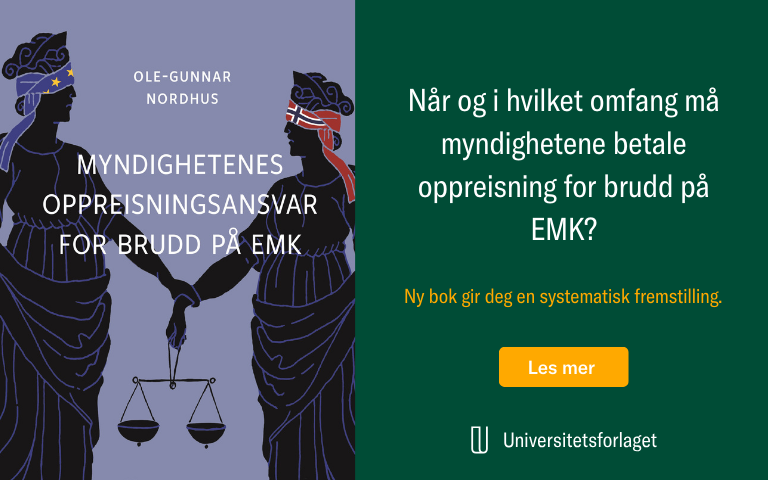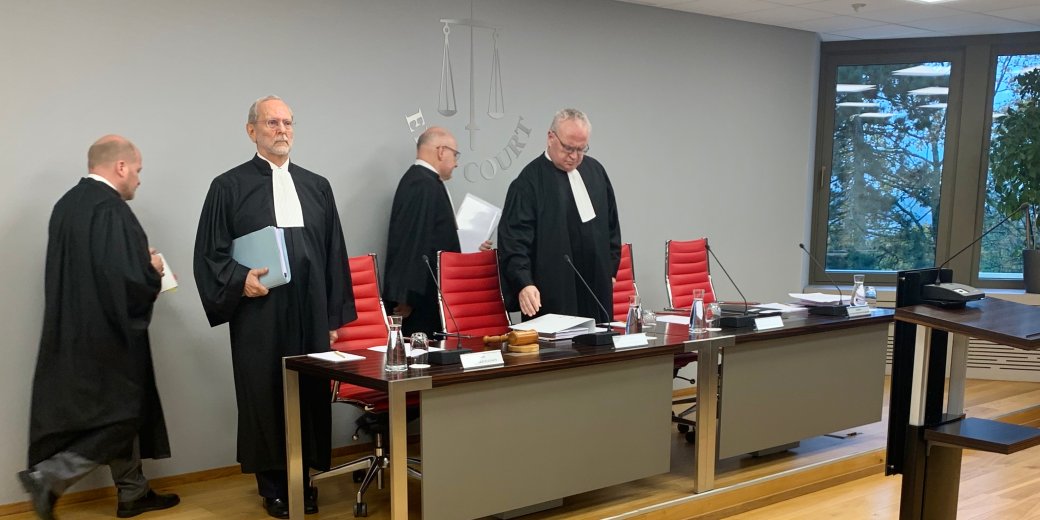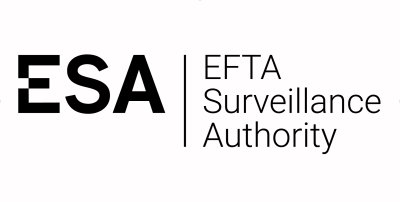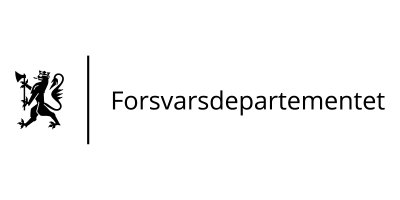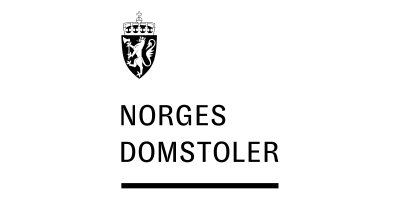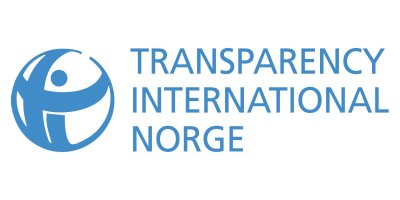Recently, this policy has reached another low point. The EFTA Surveillance Authority should open infringement proceedings. At stake is the functioning of the EEA Agreement as such.
All ordinary Norwegian courts, whether acting as single judges or in chambers, have the unchallengeable right to make a reference to the EFTA Court. This right may not be attacked directly or indirectly by public authorities.
Baudenbacher Kvernberg have in this context submitted a corresponding complaint to ESA.
The traditional policy of undermining the EEA Agreement
From the outset, the Norwegian state has done everything in its power to prevent references to the EFTA Court in politically sensitive cases at all levels. If a Norwegian court has nevertheless made a reference and the EFTA Court’s judgement did not suit the state, the latter has called on the national court to disregard the EFTA Court’s ruling without any inhibition. This has happened in numerous cases, cf. the recent Netfonds case (Lagmannsretten avfeier EFTA-domstolens konklusjon i bank-søksmål - Rett24.) Private actors are then often deprived of their rights by the Supreme Court of Norway refusing leave to appeal (Netfonds-saken slipper ikke inn i Høyesterett - Rett24).
The Norwegian state uses two further tactics to undermine the preliminary ruling procedure before the EFTA Court. On the one hand, it participates in subsequent parallel cases before the Court of Justice of the European Union and requested the latter to create a judicial conflict with the EFTA Court. The Norwegian State - always represented by the State Attorney - has done so, e.g., in the following cases: In C-537/03 Candolin it argued against EFTA Court E-1/99 Finanger; in C-646/16 Panayi against EFTA Court E-3/13 and E-20/13 Olsen; in C-897 Russian Federation v I.N. against E-28/15 Yankuba Jabbi.
On the other hand, following a change in the composition of the EFTA Court in 2018, the Norwegian state has asked Norwegian courts to resubmit to the EFTA Court questions of EEA law that had already been decided by the latter. One may speak of calls for judicial revisionism. Cases E-16/16 Fosen-Linjen and E-7/18 Fosen-Linjen II as well as E-28/15 Yankuba Jabbi and E-4/19 Campbell should be mentioned here.
This all points to a systematic approach that is incompatible with Norway’s duty of loyalty under Article 3 EEA. There is also a violation of the right to a fair trial under Article 6 ECHR. And there may be an infringement of the Norwegian Constitution.
The function of loyalty in EEA law
The EEA law duty of loyalty or good faith law has a special function: in the EFTA pillar, the EEA Agreement leaves the defence of subjective rights largely to national authorities and courts. The duty of loyalty is intended to ensure that legal protection in both EEA pillars is roughly equivalent. According to University of Bergen Professor Christian Franklin, the principle is thus even more important in the EEA/EFTA context than in the EU context (Arnesen et al., The European Economic Area. A Commentary, 2018, Article 3, paragraphs 36 f.). Former EFTA Surveillance Authority President Knut Almestad wrote some years ago: “Good faith is the keystone which supports the EEA edifice, without which the construction might crumble” (The Essentials, in: The EEA and the EFTA Court. Decentred Integration, 2014, 299, 305).
A new low
Very recently, the disloyal behaviour of the Norwegian state in the context of the preliminary ruling procedure has reached a new low. In a case concerning the EEA law compatibility of a new Norwegian law that restricts the activities of temporary employment companies, Oslo Tingrett made a referral to the EFTA Court. The Norwegian state, acting through the state attorney, then put pressure on the judge who had made the reference with an abstruse justification and asked him to withdraw the referral (– Her gjøres alt for å unngå EFTA-domstolens vurdering - Rett24). This is a blatant violation of both Article 3 EEA and Article 34 SCA as well as of the independence of the judiciary. It is an axe being laid to a cornerstone of the EEA. The Norwegian state is trying to starve the EFTA Court of work.
After the NAV scandal, which is a consequence of the defensive struggle of large parts of the Norwegian legal nomenclature against EEA law, came to light, the government has vowed to do better. Instead, it is stepping up the fight.
Illegality of the doctrine of «Room for Manoeuvre»
The Norwegian State Attorney has long replaced the principle of loyalty by a so-called doctrine of “Room for Manoeuvre” (“RFM”) for den Norwegian state. However, this opaque thing is irreconcilable with the principle of loyalty. A government which instructs its administration to pursue national interests to the extreme when applying international law explicitly or implicitly accepts that it may breach its international obligations. A comprehensive national strategy of creating as much RFM as possible for the State also contradicts the cast-iron principle of international law pacta sunt servanda (Mads Andenæs/Eirik Bjørge/Andreas Motzfeldt Kravik, Høyesterett og EMD: samspill, subsidiaritet og skjønnsmargin. 2015 Lov og Rett, 261–278.
Since there is no RFM dogma in the EU and its Member States, the principle of reciprocity is also violated. EU citizens and economic operators must be granted similar rights in the EFTA pillar as EEA/EFTA operators enjoy in the EU pillar.
RFM is, moreover, incompatible with the principle of proportionality. RFM aims to replace the proportionality test of EEA law with a light, superficial “margin of appreciation” or “reasonableness” test. Instead of rigorously scrutinising the suitability, consistency and necessity of a restrictive national measure, the Norwegian courts are instructed by the State Attorney to limit themselves to a plausibility check (Carl Baudenbacher, Restoring the Balance in the European Economic Area, 2020, 193 ff.).






.png)

